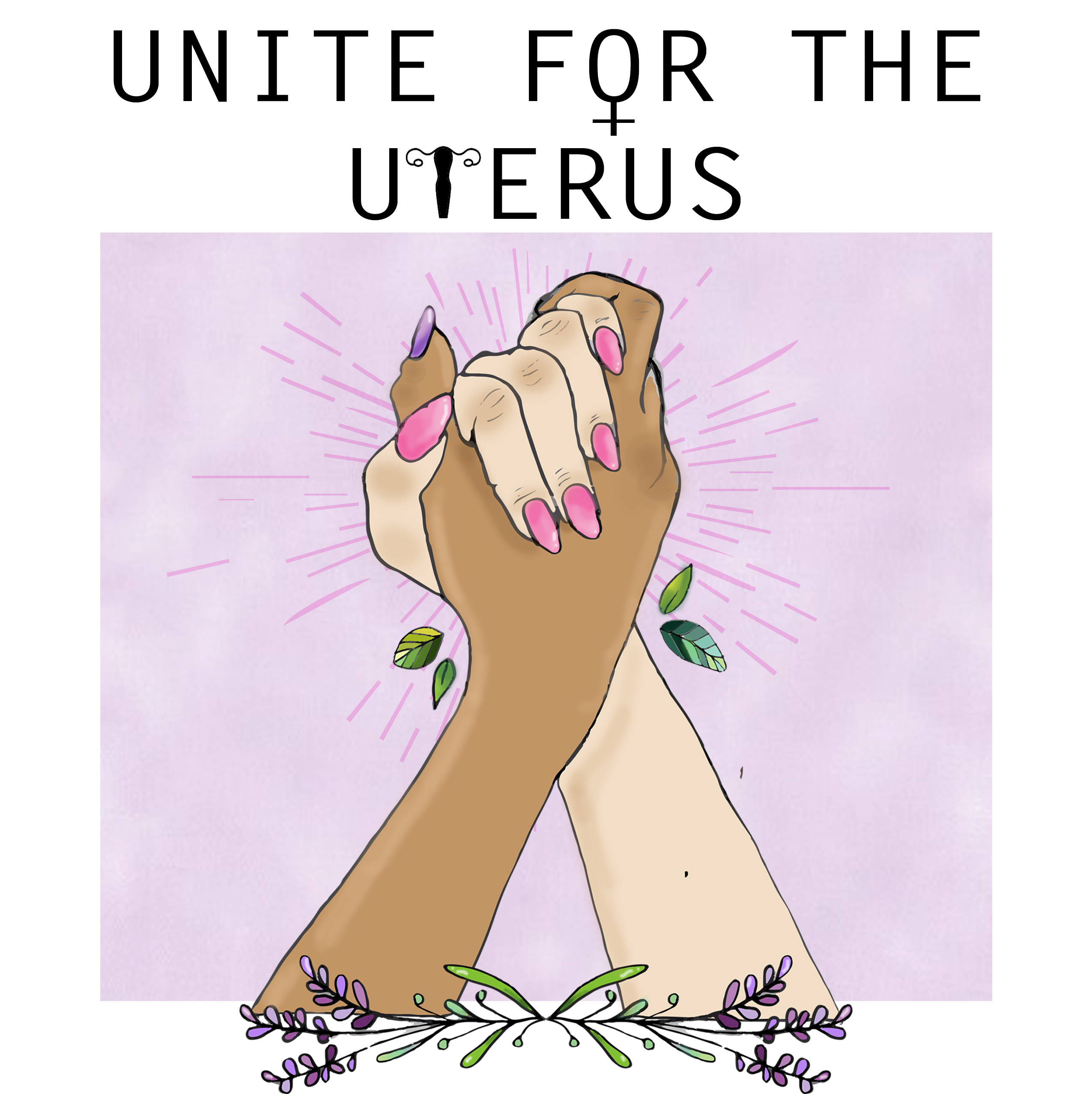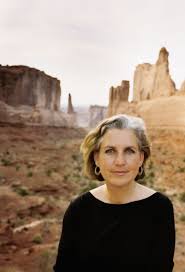 Hi there! This is the final week of the project and we are continuing on spotlighting the members of Unite for The Uterus. My name is Katy Szendrey and I’ve been so excited to work with this group of women who are equally passionate about all aspects of Feminism. When we brainstormed ideas about what we wanted to do this project on we came to a quick consensus that we wanted to focus on Women’s equality, rights, issues, etc. The project began in January, close to the inauguration of Donald Trump, so it’s safe to say we had lots of ideas for content and were eager to educate and inform about all things women’s equality and issues. For now, i’m here to tell you a little bit about myself and why feminism is so important to me.
Hi there! This is the final week of the project and we are continuing on spotlighting the members of Unite for The Uterus. My name is Katy Szendrey and I’ve been so excited to work with this group of women who are equally passionate about all aspects of Feminism. When we brainstormed ideas about what we wanted to do this project on we came to a quick consensus that we wanted to focus on Women’s equality, rights, issues, etc. The project began in January, close to the inauguration of Donald Trump, so it’s safe to say we had lots of ideas for content and were eager to educate and inform about all things women’s equality and issues. For now, i’m here to tell you a little bit about myself and why feminism is so important to me.
College definitely opened my mind to feminism and all of the different issues. I grew up in Grapevine, Texas, a suburb in the Dallas/ Ft. Worth area that overall is pretty conservative. That was what I knew my entire life until I moved to the liberal paradise of Texas, also known as Austin for college. I think the transition from a very similar minded community to a very open and progressive one sparked the passion for feminism I have today. Now, I wasn’t not a feminist before I moved to Austin, I just wasn’t aware that I was, or what it meant. A lot of times people have a negative perception of what feminism is. To me, it’s simply the equality of the sexes, no matter what. Being in a progressive place like Austin really is a learning experience. You are able to gain so much from the people around you and learn from new backgrounds you may not have come across if you hadn’t taken that leap of faith into a new place. Being in Austin has really opened my mind and sense of awareness for issues around the world, especially women’s equality issues. This year alone I participated in my first ever political march and marched with thousands of other feminists in the Women’s March on Austin, met Wendy Davis and am currently writing my Senior Thesis over the gender wage gap.
Without a college education I don’t think I would be as well versed in social issues as I am. I don’t think I would have found the passion I have for women’s rights if it wasn’t for this liberal arts school in a liberal haven tucked away in the middle of a Red state. I hope that education can become the norm for others in the future, so that we may have more open minded individuals who share the same passion for equality. This turned into more of a reflection piece on how being at university has influenced me but I will leave you with this. While feminism is equality of the sexes, it is so much more than that. Feminism is co-exsisting, uplifting, supporting, educating and empowering others. It’s so important that we learn to care for one another, learn to respect and how to treat others. My hope is that everyone, (especially my ladies out there) will find something they’re passionate about and to advocate for it and never let that fiery passion burn out while making their voice heard.















